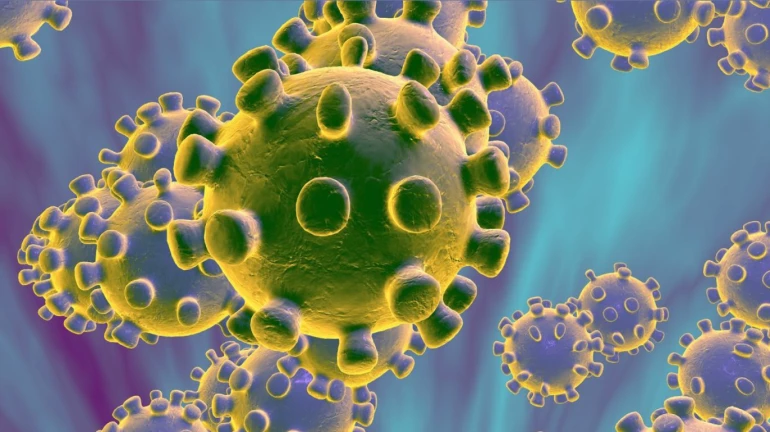
While the deadly coronavirus has spread across the world like a wildfire, top medical agencies and scientists have joined the race to develop a suitable vaccine as soon as possible. Recently, the researchers at Center for Biotechnology and Interdisciplinary Studies (CBIS) at Rensselaer Polytechnic Institute in the US, conducted a test of antiviral effectiveness against the SARS-CoV-2 (the virus which causes COVID-19).
The researchers found that an extract from edible seaweeds performed better than the antiviral drug Remdesivir to fight the infection in mammalian cells. Remdesivir is currently the standard antiviral used to combat COVID-19. The study was published online in Nature’s Cell Discovery.
Cell Discovery paper elaborating on how this works, notes that, the spike protein on the surface of SARS-CoV-2 latches onto the ACE-2 receptor which is a molecule on the surface of human cells. The virus then inserts its own genetic material into the cell, hijacking the cellular machinery to produce replica viruses. However, the researchers of CBIS have said in the study that the virus could also easily be persuaded to lock onto a decoy molecule that offers a similar fit. The neutralized virus would be trapped and eventually degrade naturally. Earlier studies have shown that this decoy strategy works in trapping viruses like Zika and dengue.
According to the study, Heparin, which is a common blood thinner, and its variety without the anticoagulant properties, can form a viral trap for the SARS-CoV-2 infection in mammalian cells. This research is an example of the decoy strategy that the researchers at the CBIS are currently developing to fight deadly viruses.
The Cell Discovery has tested antiviral activity in three variants of heparin, namely the heparin, trisulfated heparin, and a non-anticoagulant low molecular weight heparin, along with two fucoidans (RPI-27 and RPI-28) extracted from the edible seaweed. The researchers performed a dose-response study called the EC50 on mammalian cells with each of these five compounds.
The novel coronavirus has infected more than 15.7 million people across the world and more than 6.4 lakh people have succumbed to the deadly virus. As per the World Health Organization (WHO), more than 9 million people have recovered from the virus as far.





